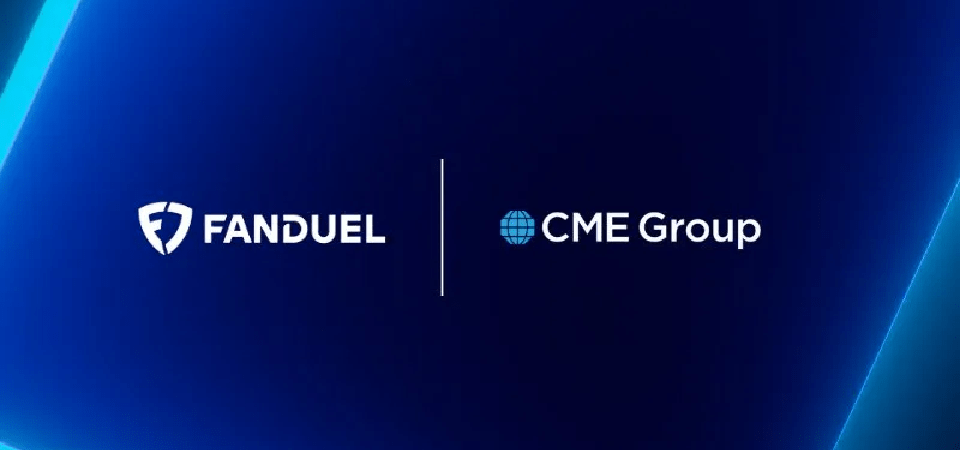VICI Says Dividend, Las Vegas Growth are High Priorities
The largest owner of casino real estate, VICI Properties (NYSE: VICI), believes that its footprint on the Las Vegas Strip is valuable and intends to keep increasing its dividend over time.
At the Nareit REITweek conference in New York on Wednesday, executives from the real estate investment trust (REIT) made remarks to that effect. VICI now owns 1.7 miles of the Strip's four miles of frontage, making it the largest owner of gaming land on the Strip thanks to a string of purchases, including the $17.2 billion acquisition of MGM Growth Properties in 2022. The US casino center is therefore essential to VICI's long-term investment strategy.
"Over the next 10, 20, 30, 40 years, development of that frontage represents the most significant opportunity for VICI,” said CEO Ed Pitoniak at the conference.
In Las Vegas and elsewhere, VICI doesn’t concentrate only on gaming properties. The REIT has expanded its portfolio to include more experiential properties, and Pitoniak mentioned at the Nareit event that the company might consider acquiring properties linked to youth sports. Due to its rapidly increasing population, the Las Vegas Valley might be a perfect location for VICI to establish a presence in the sports real estate sector.
VICI Dividend Expansion in Spotlight
Pitoniak noted that adjusted funds from operations (AFFO) and increasing dividends are key focuses for the Venetian owner.
According to federal tax regulations, REITs must distribute roughly 90% of their earnings as dividends to shareholders in order to obtain the tax benefits linked to REIT classification. The asset class is known for its above-average returns, which is a key reason why investors are drawn to it.
VICI currently yields 5.18% over the past 12 months, positioning it as appealing compared to even some top US government debt, and the stock has shown remarkable dividend growth. Since its separation from Caesars Entertainment (NASDAQ: CZR) in 2017, VICI increased its dividend almost 10-fold. Regarding treasuries, Pitoniak mentioned that the recent day when 10-year yields shifted 13 basis points was "friggin' scary."
“We are in the cost of capital business. When you don’t know what the cost is, it’s really hard to price,” he said at the Nareit conference.
VICI Balance Sheet a Focus, Also
Concerning the cost of capital, the more robust a company’s balance sheet is, the greater its chances of obtaining higher credit ratings and consequently reducing financing expenses. In November, Moody’s Investors Service raised its rating on VICI, indicating that the Caesars Palace owner holds investment-grade ratings from all three major rating agencies.
REITs generally hold significant levels of debt, a characteristic of VICI as well, but it has lessened that risk through floating-rate bonds, diversifying maturities, and maintaining its debt ratios
“We’ve worked hard to get the balance sheet to give us the optionality to weather all storms,” said CFO David Kieske.
















